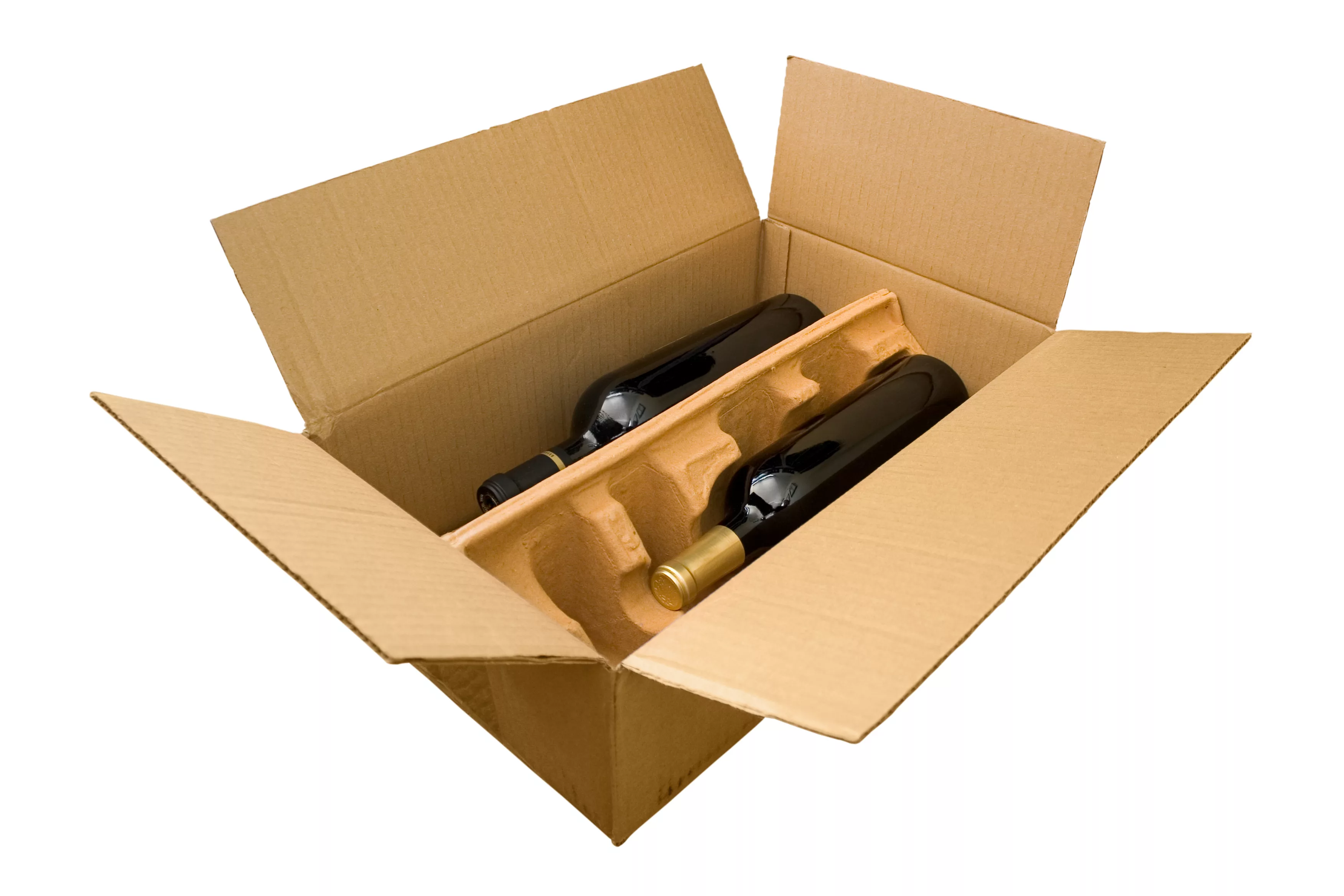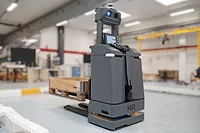The impact of artificial intelligence and eCommerce
Experts discuss how AI technology can streamline the eCommerce space

Technological advancements have furthered the future of eCommerce in the beverage industry.
Justin Dean, chief technology officer at DRINKS, says that artificial intelligence (AI) is opening up even more exciting possibilities.
“We’re continuing to leverage AI to innovate, such as in our AI-driven dynamic catalog curation that can analyze a retailer’s entire brand aesthetic and automatically select the perfect alcohol products that match their style,” he explains. “This makes it incredibly easy for any businesses — even opens the door for social media influencers — to add alcohol sales to their offerings.”
The company is looking at AI to streamline operations, from managing complex inventories to automating regulatory compliance across different regions.
“AI has the potential to assist in product development, too, analyzing market trends and consumer preferences to help create new recipes or predict successful flavor combinations,” Dean says. “These advancements, combined with improved data analytics and mobile technology, are set to create a more personalized, efficient and innovative eCommerce experience, reshaping how the entire industry approaches production, marketing and sales.”
Alan Wizemann, chief digital officer at Southern Glazer’s Wine & Spirits, Miami, Fla., notes that most of the advancements at a macro-level that have been made have followed larger-scale changes in technology.
“As an industry, eCommerce drives more technology changes than it adopts because the focus on the customer requires changes,” Wizemann says. “These could be driving speed of an experience, better merchandising tooling, more flexible platforms and easier to use service platforms. It would be hard to ignore the consumer-grade tooling that companies like Shopify have introduced that are now being adopted by large-scale enterprises, also driving new eCommerce ecosystems.”
In the past 12 months, Wizemann has noticed a “tremendous increase” in the use of generative AI to help with almost all aspects of eCommerce, from image creation to guided search and chat.
“It’s an exciting time to be in the industry,” he adds.
Going forward, Wizemann expects mild pullback and flat or negative growth across eCommerce in general. This is due to what he calls the “pandemic hangover” that’s being seen across all industries.
“The good news about this is when there are pullbacks and down cycles in eCommerce, it drives team and technical efficiencies that bring future growth and advancements across technology, operations and supply chain,” Wizemann states. “Although we haven’t seen a pullback with Proof, we know other eCommerce operations in the industry as well as other industries we track are seeing it beginning this year.”
In the coming year, DRINKS’ Dean anticipates that many retailers and brands will realize they can easily sell alcohol online and a plethora of new players will enter the space.
“This could range from small boutique shops to large e-tailers adding alcohol to their offerings,” he says. “We refer to this as the fourth tier, where traditional non-alcohol merchants are able to seamlessly add alcohol to their offering without having to go through the very complex and expensive traditional alcohol license path.”
Dean expects to see more sophisticated personalization, not just in product recommendations, but in entire shopping experiences tailored to individual preferences. He says he wouldn’t be surprised if AI-driven virtual sommeliers or mixologists become common on eCommerce platforms.
“It’s also possible we’ll see more integration of alcohol sales into unexpected platforms,” Dean shares. “Social media, lifestyle apps, maybe even AR [augmented reality] and VR [virtual reality] experiences — alcohol eCommerce will start popping up in and interesting places. It’s an exciting time, and these developments are going to reshape how consumers interact with and purchase alcohol products.”
Looking for a reprint of this article?
From high-res PDFs to custom plaques, order your copy today!






